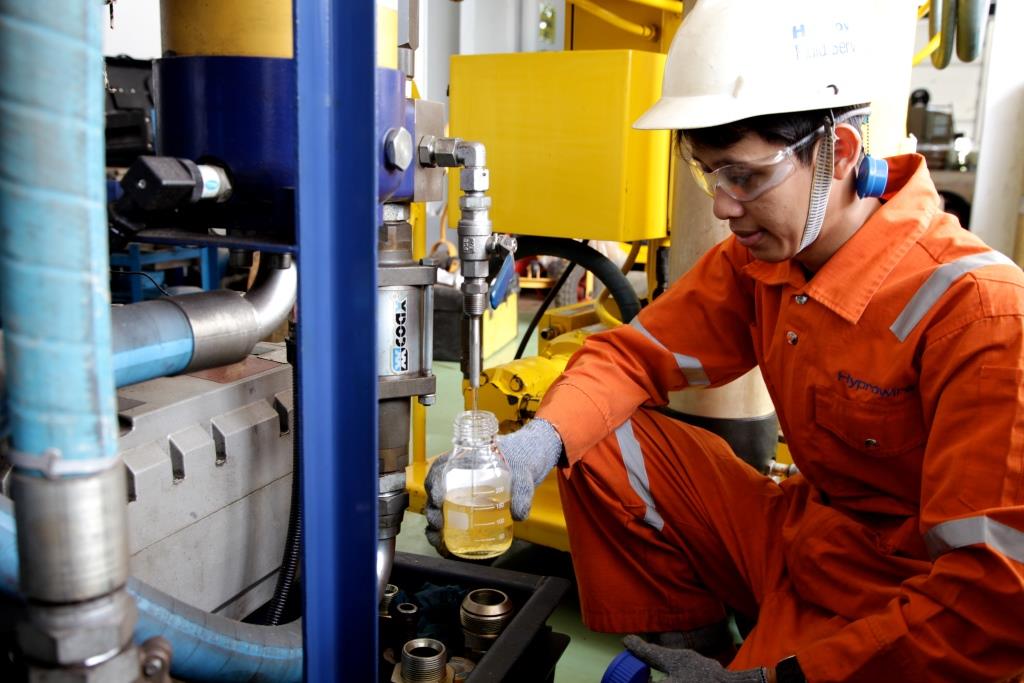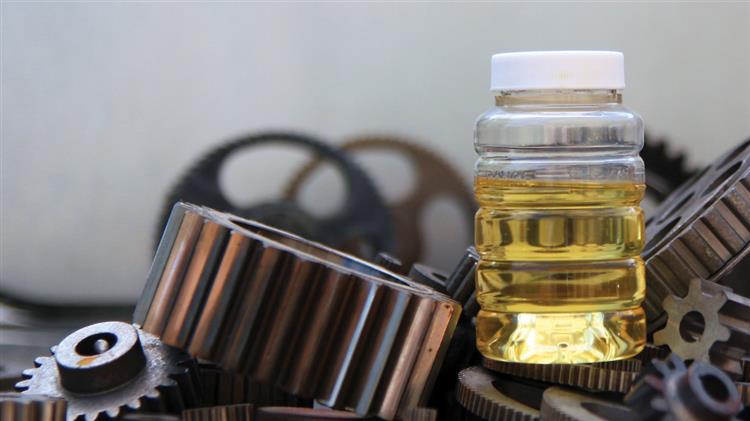
What is the meaning of Density and its importance in the testing of Lube Oil and Petroleum products?
Density is one of the most important physical properties of petroleum products, and it is used as a key parameter in the testing and quality control of these products. The density of a substance is defined as its mass per unit volume, and it is usually expressed in kilograms per cubic meter (kg/m3) or grams per milliliter (g/mL). In this article, we will explore the importance of density in the testing of petroleum products and the methods used to measure it.
Definition of Density
Density of a liquid equals the mass of the liquid divided by its volume.
D = m/v
The density of a substance is the same regardless of its size or shape of the sample.
The specific gravity of a liquid is the relative weight of that liquid compared to an equal volume of water.
Relative density, or specific gravity, is the ratio of the density of a substance to the density of a given reference material.
API gravity is short for American Petroleum Institute gravity, an inverse measure that is used to determine the weight of petroleum liquids in comparison to water.
There are many units of expression of density but mainly for Oils and petroleum the units most commonly used are g/m3 and kg/m3.
So the density of water @ 0°C is expressed as 0.9998 g/m3 or 999.8395 kg/m3.
ATLAS LAB uses many different ways to determine the density of a liquid as per the specification or as per the needs of the customer namely :
METHOD | DESCRIPTION |
ASTM D4052 | Standard Test Method for Density and Relative Density of Liquids by Digital Density Meter |
ASTM D287 | Test Method for API Gravity of Crude Petroleum and Petroleum Products (Hydrometer Method) |
ASTM D1298 | Test Method for Density, Relative Density, or API Gravity of Crude Petroleum and Liquid Petroleum Products by Hydrometer Method |
ASTM D5002 | Test Method for Density, Relative Density, and API Gravity of Crude Oils by Digital Density Analyzer |
ASTM D7042 | Test Method for Dynamic Viscosity and Density of Liquids by Stabinger Viscometer (and the Calculation of Kinematic Viscosity) |
ASTM D891 | Standard Test Methods for Specific Gravity, Apparent, of Liquid Industrial Chemicals |
IP 160 | Crude petroleum and liquid petroleum products – Laboratory determination of density – Hydrometer method |
BIS 1448 – Part 16 : 1990 (Reaffirmed 2002) | Density, Relative Density or API Gravity of Crude Petroleum and Liquid Petroleum Products by Hydrometer Method |
BIS 4730 : 1994 (Reaffirmed 2003) | Method for Determination of Density of Liquids |
ISO 3675:1998 | Crude petroleum and liquid petroleum products — Laboratory determination of density — Hydrometer method |
Importance of Density in Petroleum Testing and Lube oil Testing
Density is an important property of petroleum products because it provides valuable information about their composition and purity. It is used to determine the quality of crude oil, gasoline, diesel fuel, lubricating oils, and other petroleum products. Density is also used to calculate the volume of petroleum products at different temperatures, which is important for accurate measurement and billing.
The density of petroleum products is affected by various factors such as temperature, pressure, and composition. For example, the density of crude oil varies depending on the location of the oil field, the geological formation, and the processing method. Similarly, the density of gasoline and diesel fuel is affected by the type of crude oil used, the refining process, and the presence of additives.





